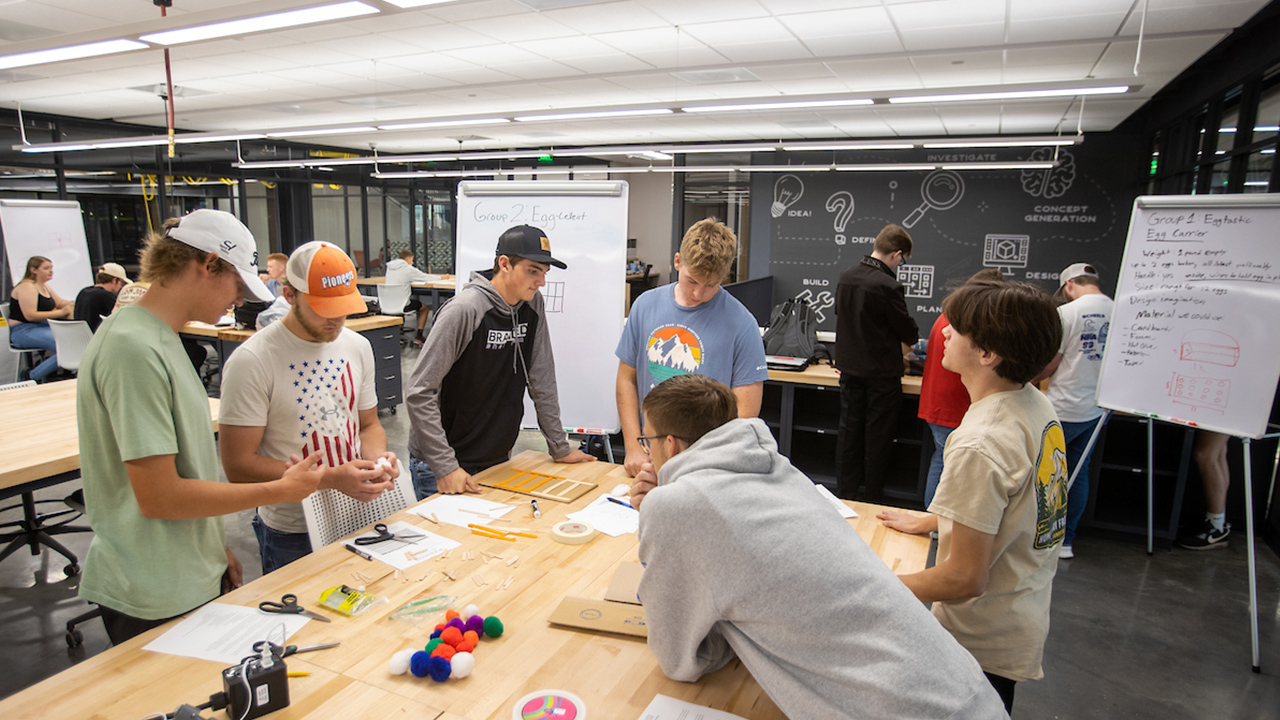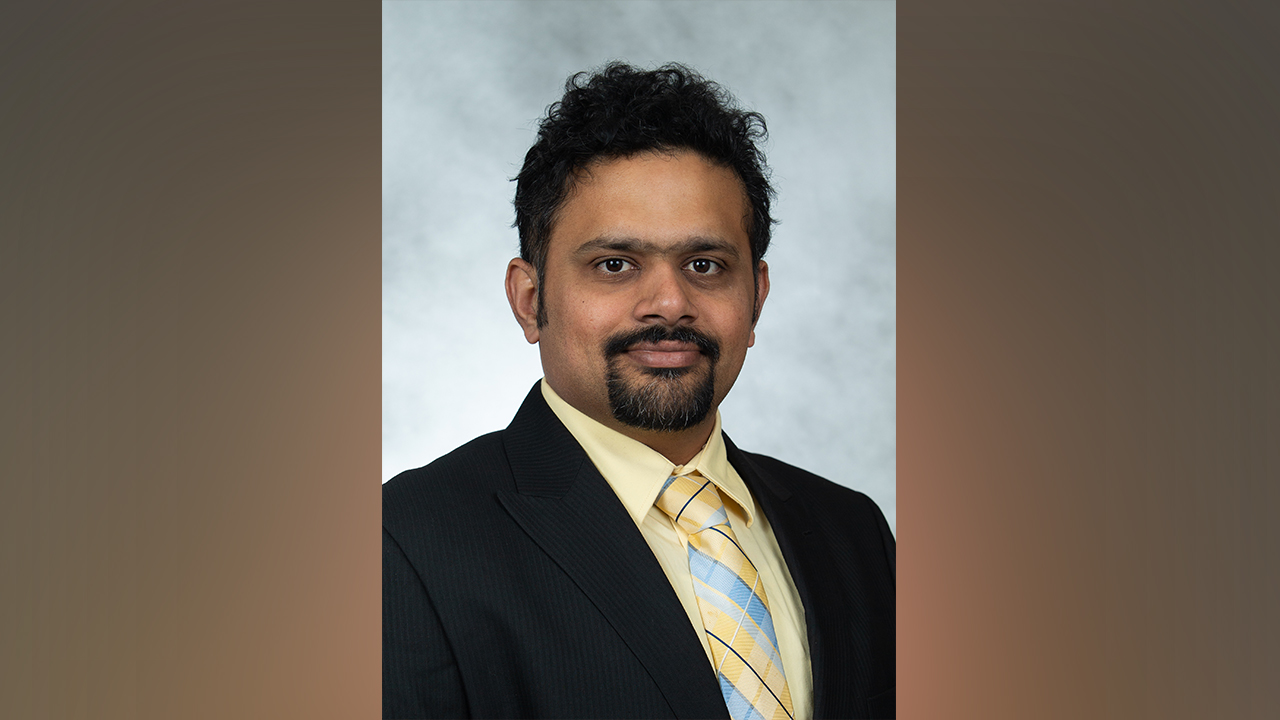

Dr. Ganapathy Natarajan, University of Wisconsin-Platteville associate professor of industrial engineering, is part of a team awarded a National Science Foundation grant to research ways to leverage the lived experiences of non-traditional engineering students in order to improve learning for all students in engineering classrooms. While much research has been done that focuses on the challenges of non-traditional students, this asset-based study is unique in that it will focus on their strengths.
Natarajan’s interest in the topic began when he taught at Oregon State University, where he and his colleague – who is now a collaborator on the grant – observed common trends in the graduate-level online engineering program.
“We used to see this dichotomy of the students who were working in industry and coming back to study at a graduate level, who would bring all these real-life experiences to the discussions,” said Natarajan. “Then, we would see the on-campus, traditional academic graduate student, who would refer back to different articles and cite references, but would have none of those personal experiences. That’s when we thought about studying the lived experiences of non-traditional students and how we can use that experience as an asset.”
Through interviews with non-traditional students, Natarajan and his colleagues will identify their various strengths that come from their lived experience and then group those strengths into themes. They then plan to create a handbook of methodologies and activity structures, based around those themes, that will guide instructors in how to best leverage the non-traditional student’s experience.
“Our idea is to be conscious and intentional when we are doing active learning and small group activities and include a couple of non-traditional students with a couple of traditional students in a group,” said Natarajan. “We would use a prompt to make sure non-traditional students can talk about their experiences, and then overall student engagement will increase. A lot of times, students ask why they are learning something, and that’s where engagement drops off. But if there is a student there saying, ‘I’ve used this,’ or ‘I’ve seen it used,’ that’s where engagement goes back up.”
Natarajan says this research is especially important now, as online education has expanded post-pandemic.
“Online education used to be predominately graduate school level,” he said. “Now it’s more often becoming undergraduate level. As that continues to be an option, more students are going to be non-traditional students who are working while taking classes.”
In addition to bringing value to traditional engineering students, Natarajan hopes applying the research findings will help non-traditional students too.
“It goes both ways,” he said. “Usually non-traditional students have trouble incorporating in the traditional classroom, because academics is still mostly traditional. Non-traditional students can sometimes feel they aren’t valued or don’t fit in. Now they will feel like we see them and are going to use their experiences in class. So not only will it increase engagement of traditional students, but non-traditional students will also feel welcome, which means we can retain them longer.”
This work will be done with support from the National Science Foundation under Grant No. 2315764. Any opinions, findings and conclusions or recommendations expressed in this material are those of the author(s) and do not necessarily reflect the views of the National Science Foundation.